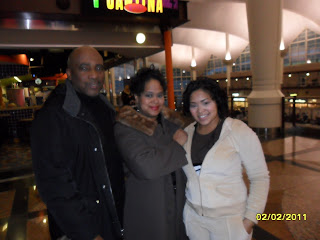Ebonics 101
Black speech, AAV (African American Vernacular), AAS (African American Speech), Black phonics
This dialect ranges in ages, region, and sex. Flavor is used to add a sense of urban culture to your voice this may be used by lowering tone, or adding a singing quality to the sound.
(the th in thin) and (the th of then) are often substituted for the d . The actual alternative phone used depends on the sound's position in a word.
Examples: dis, dat, dere, den, dem, dese
dem boys messin wit me
dese shoes is old
Realization of final ng morphemes with two syllables like -ing, e.g. tripping is pronounced as trippin.
Examples: Slippin, Ridin, Grindin, Gettin
She grindin real hard an tryna get some mo money
For younger speakers, /skr/ also occurs in words that other varieties of English have /str/ so that, for example, street is pronounced [skrit].
Examples: Skraight, Skrong, Skrap, Skrange
He so skrong
Double negatives. It's a phrase such as "haven't never" or "can't nobody."
Here, we will replace the word "any" with "no" creating a double negative of "ain't got no." "Can't nobody hold me down."
"Yo, I haven't never scored with a girl."
Common changes to small words: There are several small words in the English language that have been altered and inducted into the Ebonics language.
my = mah
got = gaht
alright = aight
fool = foo
out = ou
to = tah
because = cuz
going = goin'
what's = Wus
was = wuz
You all = Ya'll
ask, asked = aks, aksed
Often found Ebonics will pluralize an unnecessary word.
"Dis foo be dissin' mah moms!"
“look at all the da peoples”
Videos that may help.
THE WIRE:
MADEA:
Airplane:
Set it off:
News cast:
Resist:
Malibu’s most wanted:
http://www.youtube.com/watch?v=_2MtRBR0aEw





